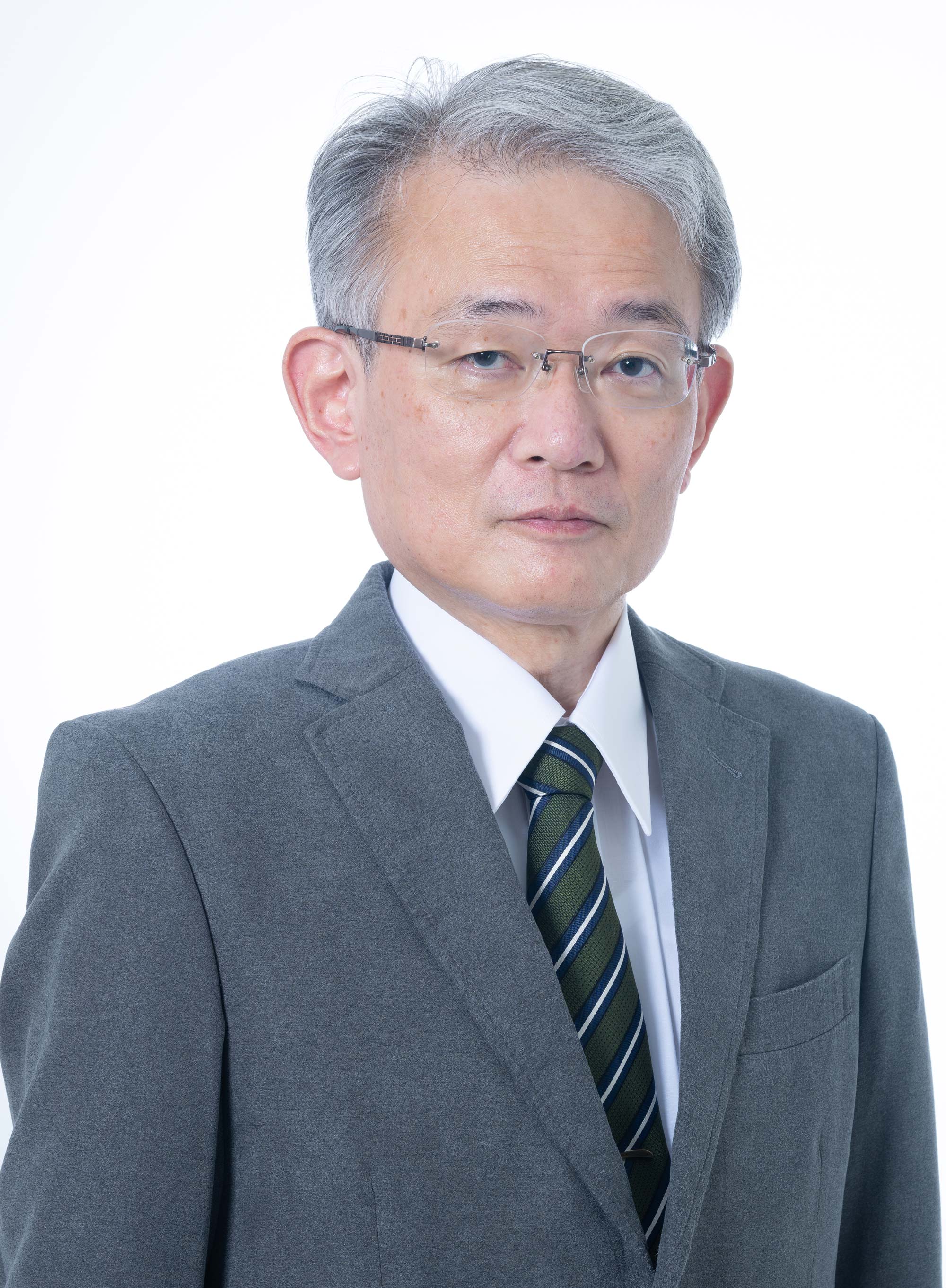DATE2024.09.25 #Awards & Prizes
Professor Takeo Kubo receives the 2024 Zoological Society of Japan Award
Disclaimer: machine translated by DeepL which may contain errors.

Professor Takeo Kubo
Professor Takeo Kubo of Department of Biological Sciences has received the Zoological Society of Japan Award, which is given to researchers who have made significant contributions to the advancement of zoology. We extend our sincere congratulations on this achievement.
Professor Kubo has made innovative, field-leading, and original research achievements in the fields of social behavior in honeybees and organ regeneration in frogs.
Professor Kubo has been involved in promoting and pioneering research on the molecular basis of the advanced social behavior of honeybees since its early stages, and has comprehensively identified genes that are selectively expressed in the mushroom body, the higher center of the honeybee brain, and established a novel classification of higher brain regions based on gene profiles. Furthermore, he elucidated the genes and brain regions related to each behavior by analyzing the genes whose expression varied depending on the behavior, and provided a fundamental insights into the evolution of the higher brain functions of honeybees by comparing them with ancestral Hymenopteran insects. He has also made important technological contributions to the advancement of the field, including the first successful development of genome editing technology for honeybees.
Professor Kubo has also promoted original research focusing on the ability of tadpoles to regenerate their tails, and has demonstrated for the first time that immune-related genes play an important role in organ regeneration by combining detailed gene expression analysis using advanced technology and genetic modification experiments during and after the period of transient loss of regenerative ability. This is the first demonstration that immune-related genes play an important role in organ regeneration. Furthermore, he has made important academic and future application contributions by identifying genes that are essential for regeneration and capable of artificially reproducing the early stages of regeneration based on analysis of proliferating cells in regenerated tissues. Many of the former students and collaborators of Professor Kubo's laboratory are active in academic and other professional fields.
We would like to congratulate Professor Kubo for his achievements in both fields and wish him continued success in his future endeavors.
Zoological Society of Japan Award 2024
(Responsibility: Associate Professor Takekazu Kunieda, Department of Biological Sciences)


